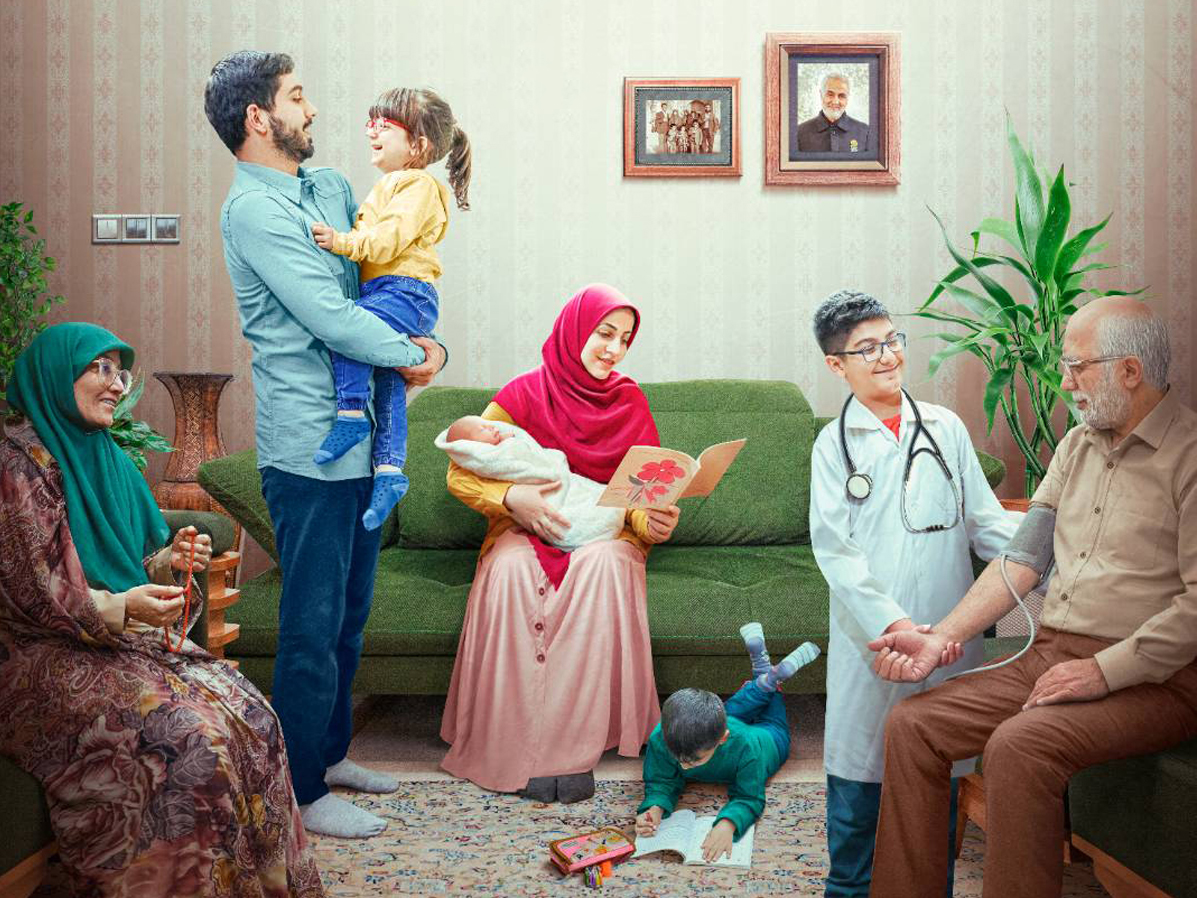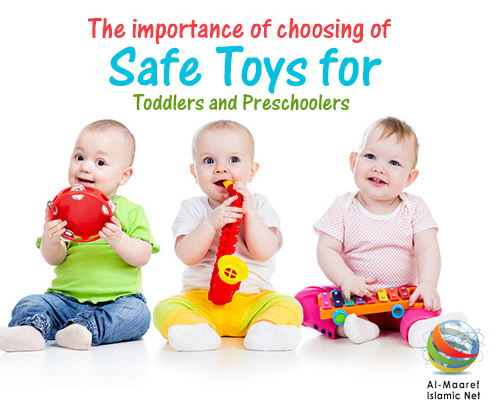Imam Ali (AS) counsels: "Do not force your own customs upon your children for they are in other times than yours."
This is not to be confused with the notion of falling away from your own culture. Living up to the standards of the modern society differs from following the example of the western way of life, and importing their customs and styles blindfolded.
We have already talked about the bond that should exist between previous and present generations. Once the elders have taken in the fact that youngsters are living in different times than their own, they will come to a more realistic view and understanding of them.
Correspondingly, once the youngsters recognize the fact that their parents and grandparents come from a different society, they will confront them with a rational, more understanding approach. What you have to keep in mind is sustaining our fundamental principles of belief, which is obtained through mutual understanding and respect between the two generations.
The Youth
Contrary to elders, youth are known to be rather tender, and more easily hurt. That is why we must master the art of approaching them correctly. To flourish their talents they need to be recognized and praised at home and in public. The Prophet (peace be upon him and his household) attracted the attention of the youth by treating them with nothing but respect.
"Never mistreat your youngsters, for they are particularly sensitive. It was them who backed me up and formed an alliance with me at the time when the elderly were waging a war against me."
Their clear conscience allows them to accept the truth more readily than most elders. The Prophet (peace be upon him and his household) teaches us that by supporting the youth, you will lead them toward the path of prosperity. So let’s take the first step towards developing an understanding between the two generations, and making way to a peaceful and more intimate relationship that will benefit both the elderly and the youth.
Religious Training Of Children
Parents have been given the noble duty of guiding the future generation. It is their task to ensure that their children get a sound religious education. In this way they are carrying on the work of the Prophets, who guided the people. The Holy Qur’an says: ﴾O you who believe! Save yourselves and your families from a fire whose fuel is man and stones.﴿ (Holy Qur’an 66:6).
In today’s society, a lot of emphasis is placed on secular education. A child is pushed to strive for excellence in academics. A college or university education is a necessity, both for boys and girls. Education is indeed very important, but the significance of religious education for a balanced personality must not be over-looked.
The world is producing a generation that knows a lot, but is greatly deficient in moral and spiritual values.
The Prophet (peace be upon him and his household) was once talking to his companions about the importance of religious education. He told them he was "baree" (far) from the parents of the last times. They asked him the reason and he explained those parents would give a lot of importance to secular education, but neglect the religious education. May the Almighty protect us from being amongst them.
What exactly is meant by religious education? The following are some necessary parts of a religious training:
Beliefs
In God - A firm belief in the Creator is the source of all good. If a child grows up by believing in God, he will learn to be conscientious. Life will hold meaningful and responsible. Children must be taught about the existence of God, and the abundance of blessings he has bestowed upon us. Nature, Science etc. should all be used to point out the greatness of the Creator. Expose the child to books and films that show people with firm faith in God, and illustrate how the faith helps those overcome obstacles and problems.
Children should not be given the impression that Allah would like to punish humans for every wrong they do.
Some parents and educators warn children about the punishment of Allah in order to scare them into being good. Although it is necessary to talk about punishment at times, it is of greater advantage to focus on the positive side. Allah is greatly merciful, loves us and is willing to help and guide us. Teach children to love Allah, trust in Him, and to ask from Him all their needs. This positive attitude will help the child build a lasting relationship with Allah.
To be continued ...
* By: Aisha Mutuku, Dar-Es-Salaam, Tanzania




















